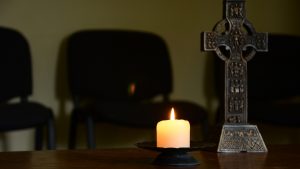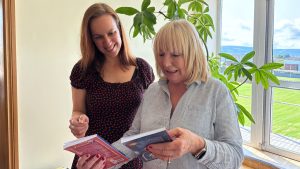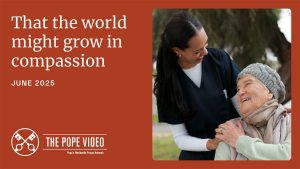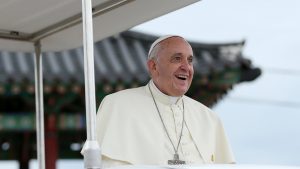Working for unity
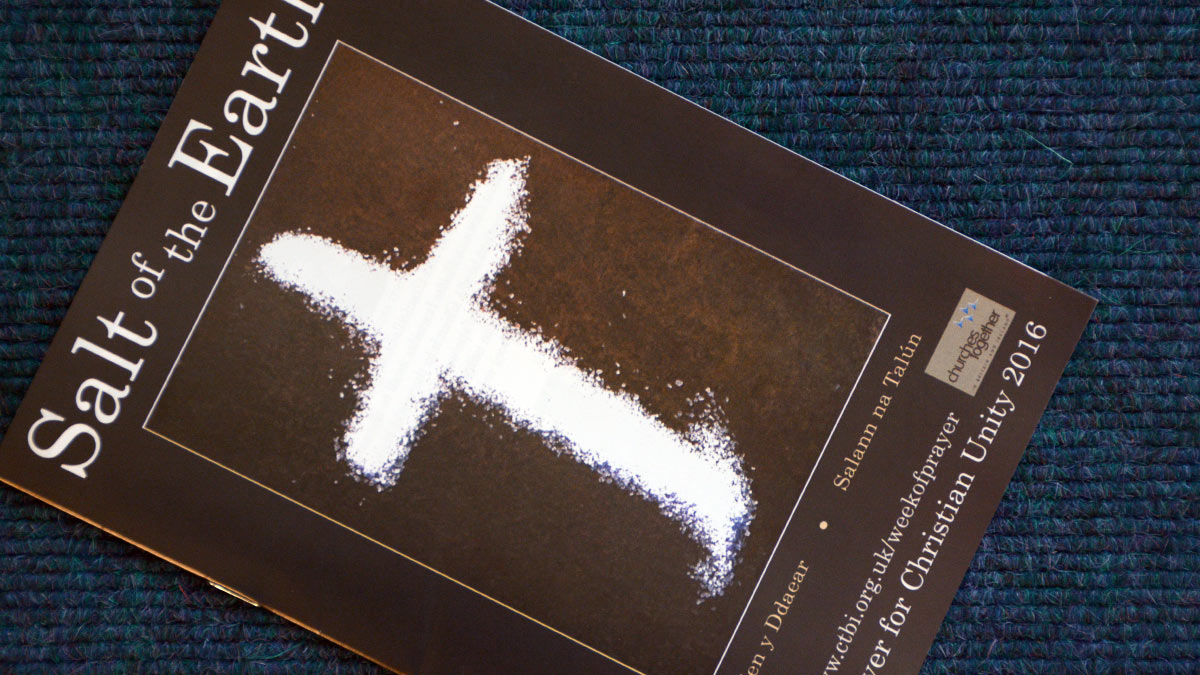
The Province co-ordinator for ecumenism, Brian O’Leary SJ, has written to Jesuits and colleagues inviting them to arrange or take part in prayer, reflection and other activities for the Week of Prayer for Christian Unity, 18-26 of January. He has sent out a copy of the Week of Prayer booklet Salt of the Earth with the prayer material for 2016 which has been prepared by the Christians of Latvia. He says that in spite of the significant number of Latvians now living in Ireland most of us know little about that country. So the booklet’s short introduction is helpful in terms of explaining especially the religious situation there. As it explains: “Today, Latvia is a crossroads where Roman Catholic, Protestant and Orthodox regions meet. Because of this unique location, it is home to Christians of many different traditions, but no single one of them is dominant”. To discover more about Latvian culture and history visit the website of Churches Together in Britain and Ireland.
Brian has also outlined a series of suggestion for Jesuits, colleagues, schools and Jesuit works. He says that they can take many initiatives including:
- Praying for the intentions of the Week individually and communally
- Joining in the prayer of other Christians by attending one or more services in their centres of worship
- Practising hospitality by inviting other Christians into your community (or place of work), e.g. to lead a prayer service, talk on their church tradition, or share a meal
- Accepting any invitation from members of other Churches to do something similar with them
- Engaging in a communal reflection on the contribution of your community/apostolic team/other grouping to the ecumenical endeavour in your area
- Seeing how you are responding to the ecumenical challenge laid down in the so-called Lund principle: “We should not do separately what conscience permits us to do together”. How far are you acting on this principle in your apostolic endeavours?
On the wider ecumenical front he says he was struck by the sermon given by Fr. Raniero Cantalamessa OFM Cap., Preacher to the Papal Household, at a Eucharist in Westminster Abbey on 24th November last. This was to mark the inauguration of the 10th General Synod of the Church of England. He says that such a senior Vatican figure should be invited to participate at this liturgical event is itself a sign of how close the Catholic and Anglican Churches have come. The sermon was entitled Rebuild My House and was based on Haggai 1:1-8. Cantalamessa situated his remarks in the context of the upcoming fifth centenary of the Protestant Reformation in 2017. “It is vital”, he said, “for the whole Church that this opportunity is not wasted by people remaining prisoners of the past, trying to establish each other’s rights and wrongs”.
Cantalamessa added: We need to go back to the time of the Apostles: they faced a pre-Christian world, and we are facing a largely post-Christian world. When Paul wants to summarise the essence of the Christian message in one sentence, he does not say, “I proclaim this or that doctrine to you”. He says, “We preach Christ Crucified” (1 Cor. 1:23), and “We preach … Jesus Christ as Lord” (2 Cor. 4:5).
According to Brian O’Leary, Cantalamessa’s peroration “is astonishing in its boldness for anyone with a sense of the history of the Reformation in England. He takes on the mantle and voice of Haggai, using his words, and announcing God’s will to those about to participate in the General Synod.” Cantalamessa concluded his talk to those present: “Take courage, Your Majesty, Sovereign of this nation; courage, Justin, Archbishop of Canterbury; courage, Sentamu, Archbishop of York; courage, you bishops, clergy and laity of the Church of England! To work! Because I am with you,” says the Lord.
Looking east, Brian notes that in 2016 Christians worldwide will be paying close attention to Orthodoxy. A Holy and Great Council of the Orthodox Church has been convoked to gather in Istanbul. This Council will for the first time ever gather representatives from all fourteen autocephalous (independent) Orthodox Churches. The very concept, let alone the convocation of such a Great (or General) Council, is unprecedented, he says. Among the issues for discussion will be relations with other Christian confessions, the response of Orthodoxy to contemporary political and cultural challenges, and problems of governance facing the Orthodox Church in the Western world. “Optimists muse on the possibility that this Council will achieve for Orthodoxy what Vatican II achieved for the Catholic Church. Be that as it may, we might give a certain priority to Orthodoxy during the upcoming Week of Prayer, asking God’s blessing and guidance for this Holy and Great Council.”



